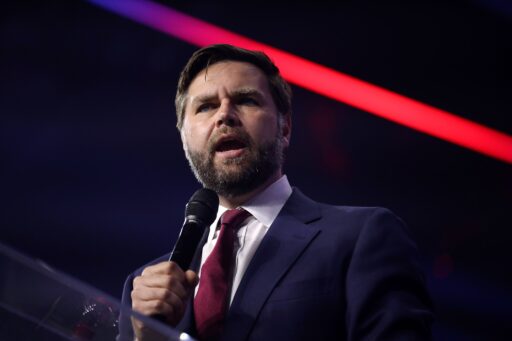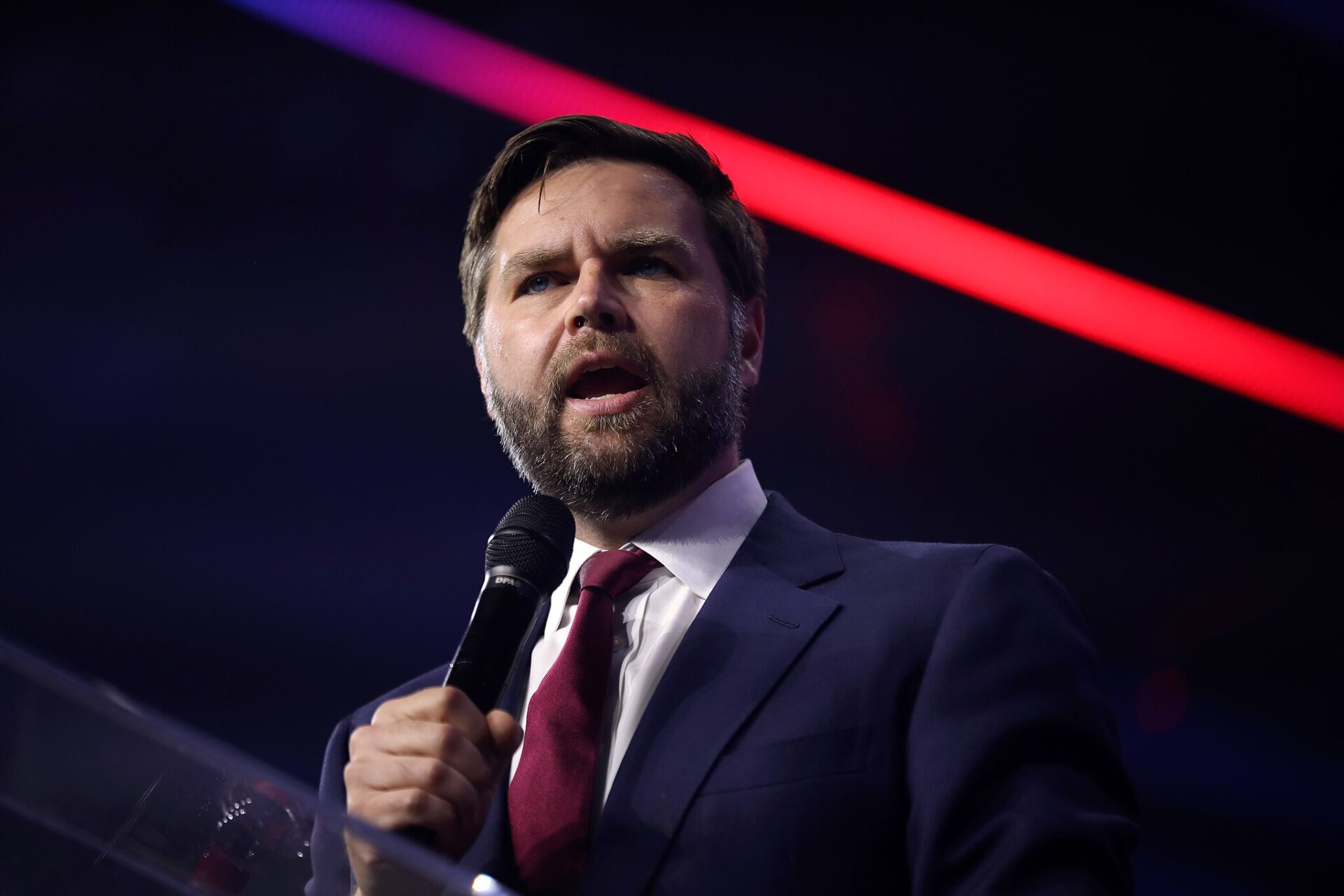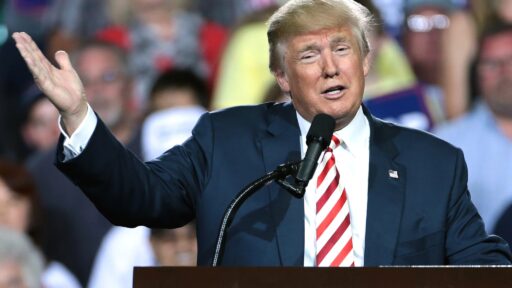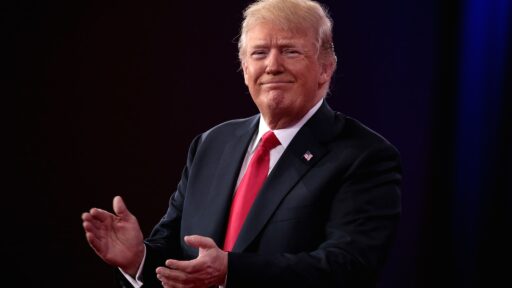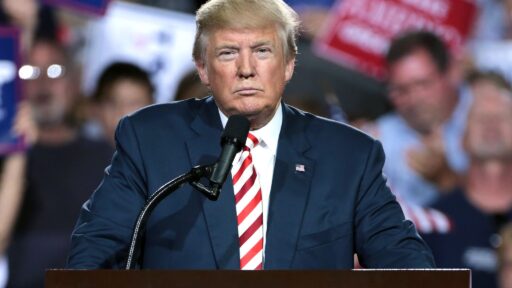Here’s what voters should know…
Recent speculation suggests that former President Donald Trump may have reservations about his choice of Ohio Senator JD Vance as his vice presidential running mate. However, it’s not too late for Trump to adjust the ticket if he so desires.
Trump’s communications director, Steven Cheung, has firmly dismissed such speculation. Cheung emphasized that President Trump is very pleased with his selection of Vance and views them as a strong duo poised to reclaim the White House. He characterized the contrary reports as nothing more than “absurd fake news” from unreliable sources or those uninformed about the situation. Cheung also took a swipe at the Democrats, asserting that they are the true threat to democracy due to their internal chaos and Biden’s withdrawal from the race, which he described as a forced move.
In a recent interview with Fox & Friends, Trump reiterated his support for Vance, calling him “fantastic” and downplaying any impact if Kamala Harris had been chosen as Biden’s running mate. Trump’s statements came in response to media inquiries about potential changes to his ticket, underscoring his commitment to Vance.
Despite the public assertions of loyalty, political analyst Mitchell Brown, a professor at Auburn University, notes that Trump still has the option to replace Vance if he chooses. Brown explained that as long as a new vice presidential candidate is selected before the filing deadlines in each state, a replacement is feasible. However, changing the running mate is not a straightforward process. According to the Republican National Committee’s (RNC) rules from 2020, any vacancy in the presidential or vice-presidential slots may be addressed by the RNC, which could either fill the spot directly or reconvene the national convention to elect a new candidate.
Brown also highlighted potential concerns with switching candidates, such as the impact on campaign stability and the time required to launch a new campaign effectively. Nevertheless, she pointed out that Trump has historically thrived on media attention, suggesting that the discussions about replacing Vance could be a strategic move to shift the media focus back to Trump.
Brown acknowledged that while Vance might face challenges attracting independents and undecided voters, he brings valuable attributes to the ticket. Vance’s military background, Rust Belt roots, youthful charisma, and personal appeal could resonate well with Trump’s base and offer similarities to the populist appeal seen with Bill Clinton in the past.
Trump officially selected Vance as his running mate during the Republican National Convention in Milwaukee on July 15. Shortly afterward, on July 21, President Joe Biden withdrew from the race, endorsing Kamala Harris as the Democratic nominee after a tumultuous period within the Democratic Party.
Despite the media’s scrutiny, Vance’s approval ratings have struggled. As noted by CNN’s Harry Enten, Vance is the first vice-presidential nominee since 1980 to have a net-negative favorable rating immediately following the convention, which is a historical anomaly in a typically positive post-convention period.


